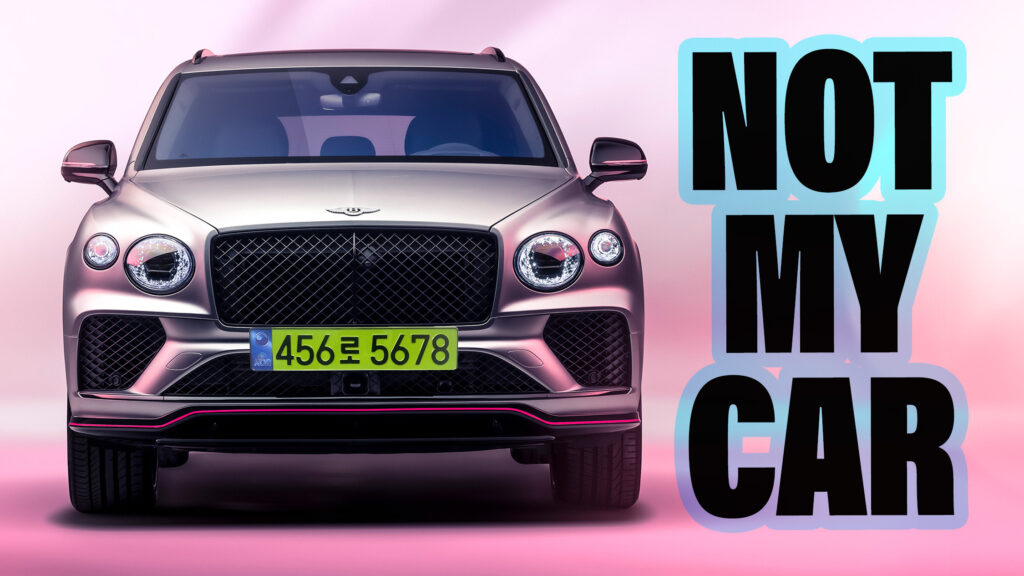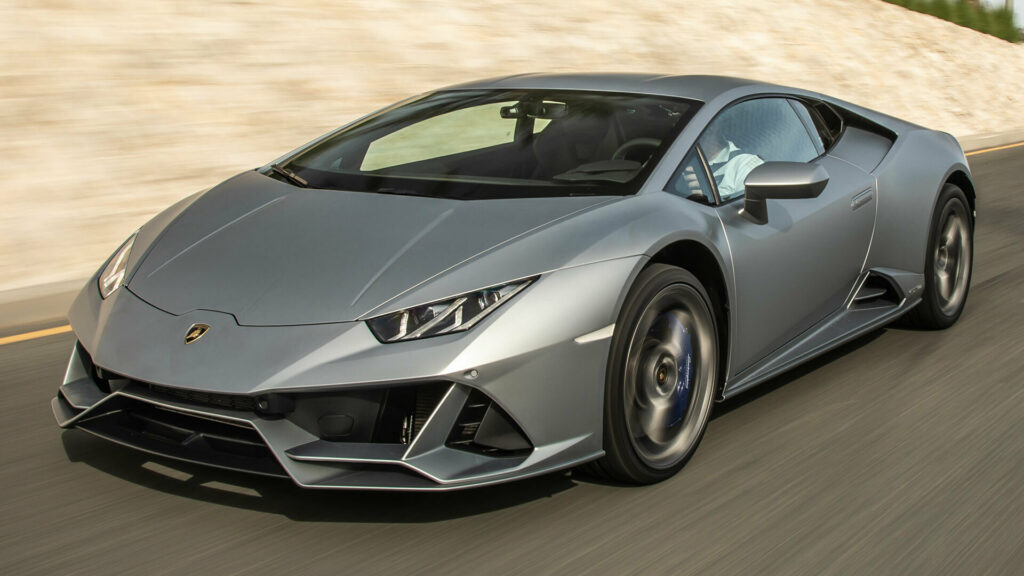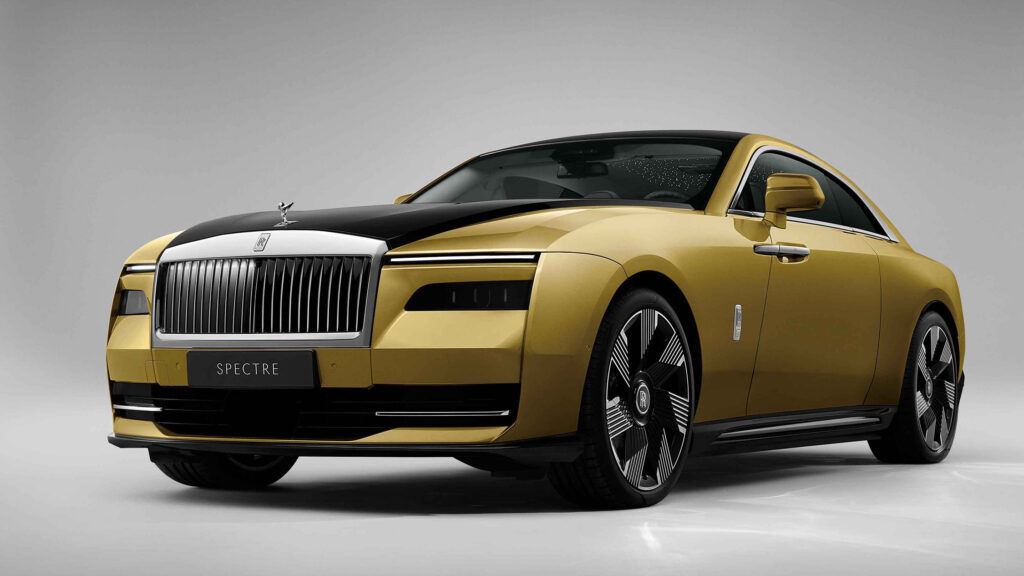Rule change means all company vehicles over $58k need the distinctive plates and it’s a big tax and status turn-off for wealthy Koreans
5 hours ago
 –>
–> 
–>
- Company-owned vehicles now wear bright green license plates in Korea.
- The distinctive new plates were introduced to cut down on tax evasion.
- Bentley sales in Korea have reportedly dropped by 77 percent since the plates were introduced.
Sales of Bentley, Porsche and Rolls-Royce cars have nose-dived in Korea, a new report says, and it’s got nothing to do with drivers being unable to afford them. The real reason is the introduction of compulsory green license plates for company cars.
The rule came into force at the beginning of this year, Korea Times says, introduced by the country’s Ministry of Land, Infrastructure and Transport in an attempt to stop business owners from purchasing supercars as company vehicles to avoid paying taxes.
Related: Tesla Sold Just One Car In South Korea Last Month As EV Market Stalls
It requires that all company cars priced above 80 million won ($57,800) wear distinctive green plates that mark the cars out as clearly different from privately owned vehicles. And it seems that buyers are turned off by both the thought of everyone knowing the fancy car they’re driving is not really theirs, and also drawing the attention of the taxman.
Under the old system Korean business owners could register cars for their relatives as company vehicles and pay less tax than they would if they acquired the vehicle through private channels. But now that all company cars are clearly marked, those kind of tactics are going to be all too visible if the cars are used for private trips.

The effect on sales of luxury and exotic cars has been dramatic. Bentley registrations in Korea have sunk by 77 percent for the first three months of 2024 compared with the same period last year, Korea Times says, while Rolls-Royce and Porsche reported drops of 35 percent and 23 percent. Lamborghini sales slumped by 22 percent in the Jan-March period in Korea (but were up globally) and Rolls-Royce’s registrations for that period were down by 13 percent.
“Generally speaking, few customers or business owners prefer to purchase vehicles with green plates due to the prevalent negative image on rental and lease cars,” a spokesperson from an unnamed luxury automaker told KT’s journalists. “This will weaken the overall sentiment from business owners who plan to purchase luxury cars as fleet vehicles.”
Korea Times says that company-owned cars accounted for 40 percent of total registrations last year, but now made up just 28 percent – the first time they’ve dropped below 30 percent. But some automakers put the slide in luxury sales down to simple economic factors.
“As the economy is showing no immediate signs of a rebound, demand for pricey vehicles declines,” an executive from an unnamed automaker told the newspaper. “To make matters worse, the regulation also comes as a bane for such supercar makers to rev up their diminishing sales performance here,” another exec from a different brand noted.


 <!–
<!– –>
–>